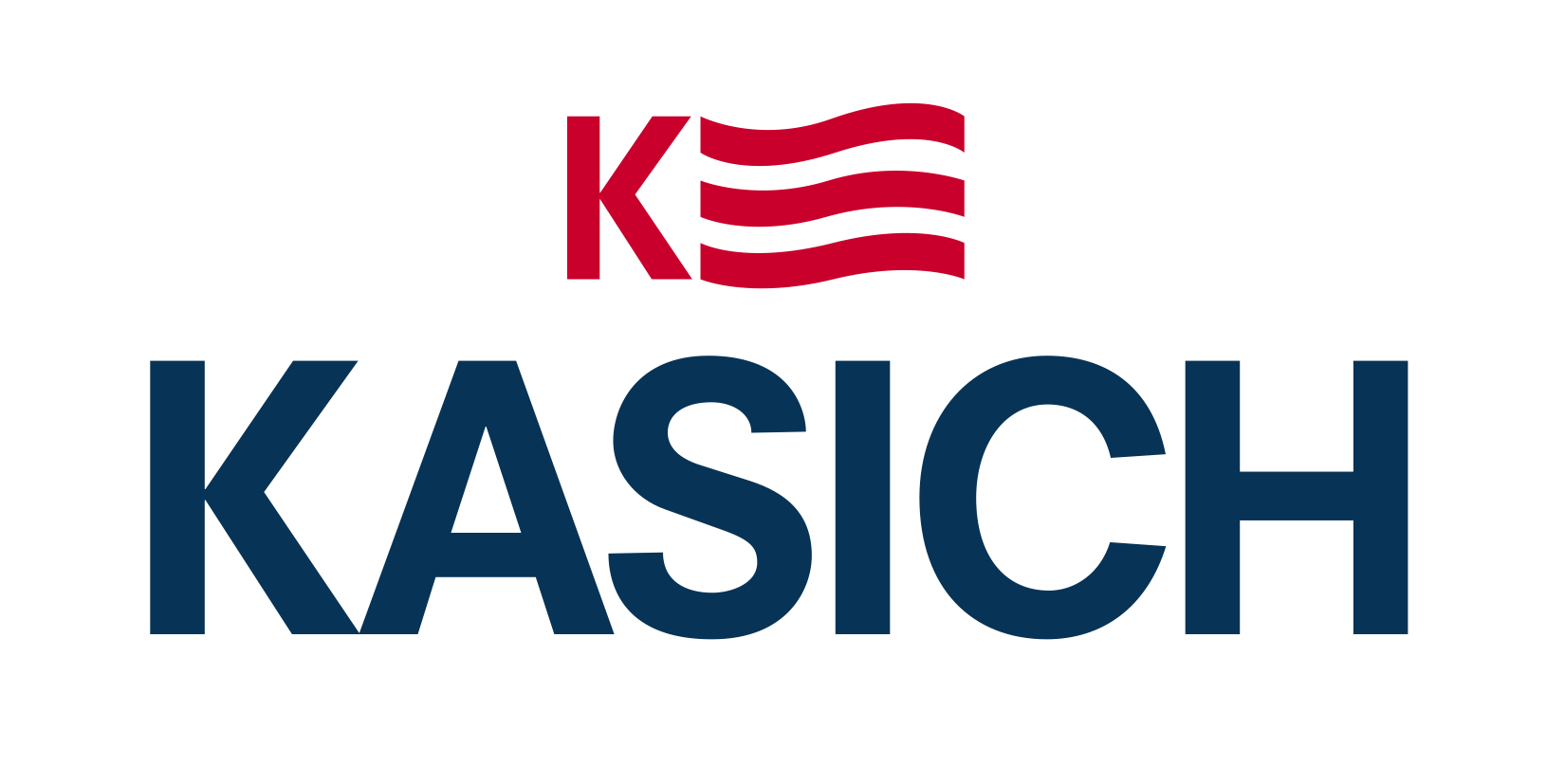CNN Op-Ed: The chilling effect of British ambassador's leaked memos
John Kasich authored the following op-ed for CNN.
As Ohio governor for eight years, I relied on the counsel of my closest aides for their candid assessments of anything that might materially impact our Administration's ability to get Ohio back on track. I didn't always like what they had to say, mind you, but I always respected it and I always kept it in confidence.
This last part—keeping their confidence—was critical. If they had any thought that their honest and sometimes critical views might become public, they would likely be hesitant to share them for fear of retribution. Therefore, I kept confidences out of respect for their candor and my own need to keep their valuable insights flowing, which ultimately benefitted my ability to govern.
Unfortunately, this confidence was broken on an international scale this week. British Ambassador to the United States Kim Darroch, a good and decent man I have had the privilege of working with many times, resigned after leaked diplomatic memos revealed his unvarnished takes on the US political landscape, President Donald Trump, and what his country's leaders back home might expect when dealing with their closest ally.
Not surprisingly, these memos contained some descriptions that people working and living in the White House bristled at. A diplomatic spat quickly followed. At a time when the UK is facing an uncertain, post-Brexit landscape and a slug-fest for prime minister, Darroch's situation became untenable and he knew he had to step down. That's too bad. Not only was a good man who was devoted to his country and profession ground down for doing his job, but the UK, the US and our closest allies will also suffer from it.
This incident will have a chilling effect on the future candor of all British diplomats reporting home from their foreign posts. If even the most senior diplomat is at risk of his confidential reports being leaked, why should more junior ones presume theirs will remain private? They can't. The resulting self-censorship will reduce both the quantity and quality of the data our closest ally's leaders have when making critical decisions about international relations and security.
At a time when the UK risks "crashing out" of the European Union without a replacement trade deal, and with Russia and China bent on disruption and expansion, the next prime minister will face dramatically different relationships with Europe and the rest of the world. More information—not less—is what the UK needs. Leaking Ambassador Darroch's memos profoundly erodes the likelihood that decision makers in the UK will get it.
And that hurts America's own interests. No other country has been as aligned with us or as willing to act as boldly to defend freedom than the UK. Its legacy as a global empire has gifted it with relationships in far-flung places where today's shadowy, non-state actors lurk -- places where America doesn't always have equal capabilities. This international reach, and the considerable prowess of the UK's electronic intelligence-gathering ability, produces fruits that they share with us and other allies.
If this formidable information collection machine gets dialed down even a single notch, who wins? Not anyone on our side. Worse, every time a British foreign service briefing is read, the lingering question will be, "What else is out there that they were afraid to say?"
The UK has rightly started an investigation into this incident. Meanwhile, the United States should respect the fact that even our closest friends will sometimes have less-than-flattering things to say about us in the privacy of their own "house." If we don't like what we hear, perhaps we should give ourselves a hard look instead of shooting the messenger.
Projecting a good face to the world -- while keeping the home country informed -- is what diplomats do. We expect our own ambassadors to give candid assessments of our allies or adversaries -- they wouldn't be effective otherwise. Allies discreetly accept and practice these dual missions. It's unfortunate that this untimely peek behind the curtain has caused an uproar that will have lasting consequences. Leaders should step back, take a breath and remember that international efforts to protect our core values—freedom, democracy and the respect for individual rights—mean building and strengthening relationships with the nations who share them.
View the op-ed on CNN here.
